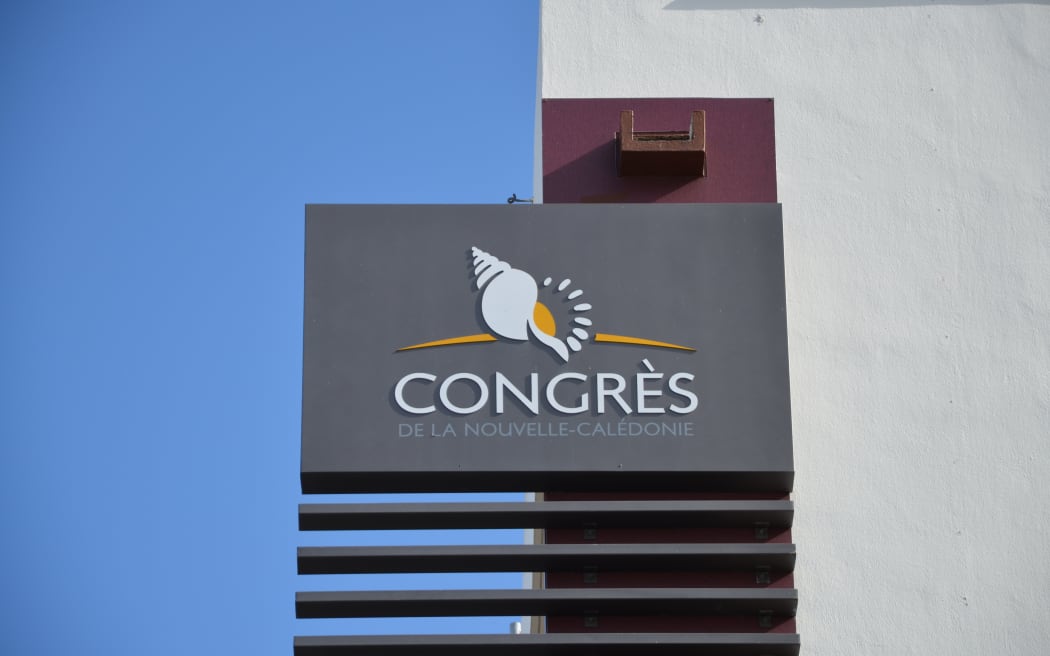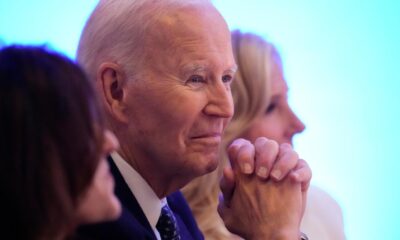World
New Caledonia Delays Provincial Elections Again Amid Political Tensions

New Caledonia’s Congress has voted to postpone the territory’s provincial elections once more, further complicating the political landscape of the French Pacific territory. The elections, initially scheduled for May 2024, were first rescheduled to December 15, 2024, then pushed back to no later than November 30, 2025. The latest delay is presented as necessary to allow local politicians additional time to prepare.
In a decisive vote held on Monday, Congress members approved the postponement with 39 votes, representing 75 percent of the 52-seat assembly. However, dissent emerged from a faction of New Caledonia’s pro-independence camp, the FLNKS (UC-FLNKS et Nationalistes caucus), which cast 13 votes against the motion, accounting for 25 percent of the total.
Discussions surrounding the postponement highlighted divisions that have surfaced following the recent conclusion of the Bougival Agreement, a deal struck on July 12, 2025, which remains to be implemented. The agreement aims to ease eligibility conditions for voters, allowing those born in New Caledonia and residents for over fifteen years to participate in the electoral process.
This vote aligns with a request from the French Senate, which seeks Congress’s opinion before proposing an election-related bill in the coming weeks. If the bill is endorsed by the French parliament, the new date for provincial elections is expected to be set no later than June 28, 2026. The elections will also occur under revised voting eligibility criteria, moving away from the current restrictions that limit the electoral roll to individuals born in New Caledonia prior to 1998.
Political Dynamics and Calls for Dialogue
The need for additional time was emphasized by Philippe Gomès, leader of the Avenir Ensemble party, who called for a “complement” to the Bougival deal to better address the expectations of the FLNKS. He stated that reintegrating FLNKS into the dialogue process is essential. The Congress’s vote is one of several legislative measures related to the implementation of the Bougival Agreement, which was officially gazetted on September 6, 2025.
The Bougival Agreement is intended to outline New Caledonia’s future status, proposing the establishment of a “State of New Caledonia” within the French Republic. It includes provisions for dual nationality and a gradual transfer of powers from Paris to Nouméa, beginning with foreign affairs. This agreement is set to replace the 1998 Nouméa Accord.
The political situation has been tense, especially following the insurrectional riots in May 2024, which resulted in 14 fatalities and extensive material damage exceeding €2 billion. The FLNKS, while initially participating in the July talks, later denounced the agreement as failing to reflect its push for full sovereignty.
Unity and Stability
Several parties, including pro-French factions such as les Loyalistes and le Rassemblement-LR, continue to support the implementation of the Bougival deal. The moderate pro-independence party, Union nationale pour l’indépendance (UNI), also backs the agreement, despite its criticisms.
During the Congress debates, pro-French member Sonia Backès highlighted the agreement’s potential to balance the interests of both pro-France and pro-independence groups. She warned that rushing local elections could lead to chaos in an unstable environment. Similarly, Virginie Ruffenach, leader of Rassemblement-LR, urged FLNKS to re-engage in discussions with other political stakeholders.
The FLNKS, represented by its caucus president Pierre-Chanel Tutugoro, expressed openness to dialogue but cautioned against proceeding without recognition of their position. Tutugoro stated, “There’s no need to add fuel to the fire. You and I know that nothing can be done without us.” He emphasized that postponing the elections based on a political agreement they do not recognize would cross a significant boundary for the FLNKS.
Looking Ahead
The FLNKS plans to convene its political bureau soon to discuss potential engagement in future negotiations. The current political climate in New Caledonia remains fragile, with hopes that the postponement of the elections may provide the necessary time for all parties to work towards a more inclusive and accepted political agreement. The potential for further discussions remains, with calls for new talks to be initiated in the coming days, reflecting a desire for unity and stability in New Caledonia’s political future.
-

 Sports2 months ago
Sports2 months agoNetball New Zealand Stands Down Dame Noeline Taurua for Series
-

 Entertainment2 months ago
Entertainment2 months agoTributes Pour In for Lachlan Rofe, Reality Star, Dead at 47
-

 Entertainment3 weeks ago
Entertainment3 weeks agoNew ‘Maverick’ Chaser Joins Beat the Chasers Season Finale
-

 Sports2 months ago
Sports2 months agoSilver Ferns Legend Laura Langman Criticizes Team’s Attitude
-

 Sports2 days ago
Sports2 days agoEli Katoa Rushed to Hospital After Sideline Incident During Match
-

 Politics1 month ago
Politics1 month agoNetball NZ Calls for Respect Amid Dame Taurua’s Standoff
-

 Entertainment2 months ago
Entertainment2 months agoKhloe Kardashian Embraces Innovative Stem Cell Therapy in Mexico
-

 World3 months ago
World3 months agoPolice Arrest Multiple Individuals During Funeral for Zain Taikato-Fox
-

 Sports3 months ago
Sports3 months agoGaël Monfils Set to Defend ASB Classic Title in January 2026
-

 Entertainment1 month ago
Entertainment1 month agoTyson Fury’s Daughter Venezuela Gets Engaged at Birthday Bash
-

 Sports1 month ago
Sports1 month agoHeather McMahan Steps Down as Ryder Cup Host After Controversy
-

 World2 weeks ago
World2 weeks agoSevere Winds Hit New Zealand, Over 100 Flights Canceled





















